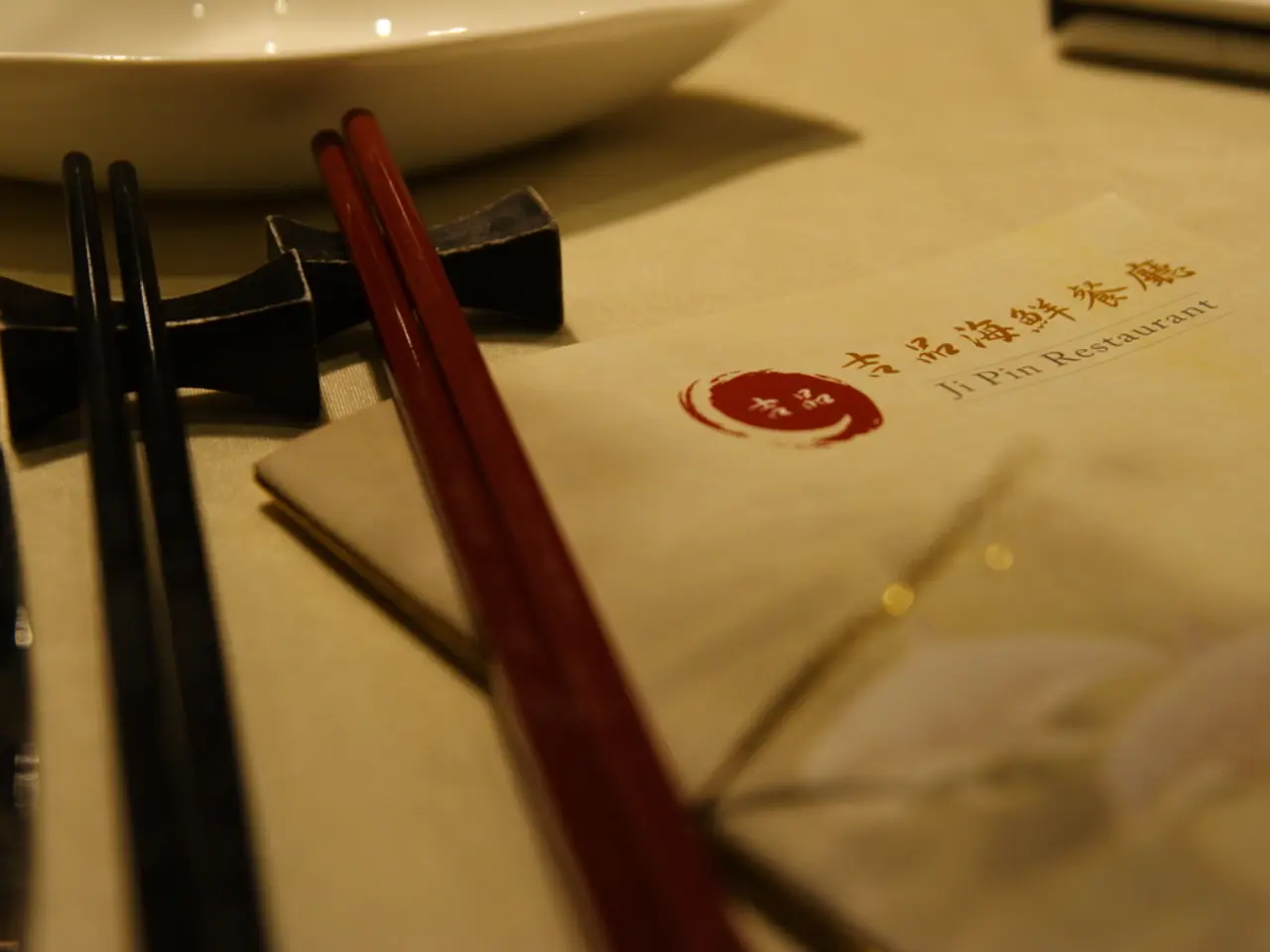Singapore's role deemed significant in international transactions through digital money transfer
Singapore's Payments Landscape: A Deep Dive into Licence Holders
Our platform has published a comprehensive report, mapping Singapore's payments players by analysing the licences obtained from the Monetary Authority of Singapore (MAS). The report reveals insights into the types of licences held by various institutions and their focus areas.
The report reveals that less than a quarter of licence holders in Singapore hold e-money issuance service or money-changing service licences. Furthermore, less than half of licence holders also hold a domestic money transfer licence. This suggests that a significant number of institutions in Singapore are primarily focused on international payments.
Remittances major MoneyGram is one of the three companies holding an SPI (Standard Payment Institution) licence. The majority of these international companies are MPI (Major Payment Institution) holders, with only three holding an SPI licence. This indicates a lean towards larger, comprehensive payment services providers in Singapore.
Singapore's importance as a gateway to the rapidly emerging Southeast Asia market is underscored by the fact that 90 of the world's key cross-border payments players are now in Singapore, holding MPI or SPI licences to operate. Over the next few years, companies of all shapes and sizes are expected to secure a cross-border payments licence in Singapore.
The MAS currently lists 15 companies with SPI licences and 207 with MPI licences, with 201 of these appearing to be active. The report did not specify the names of the other two companies holding an SPI licence.
The licensing structures in Singapore are designed to cover the spectrum of payment services, aligning with the size and scope of operations. MPI license holders can offer a wide range of regulated payment services, including account issuance, domestic and cross-border money transfers, merchant acquisition, and e-money issuance. On the other hand, SPI licenses cover smaller-scale payment services, such as domestic money transfers and payment processing.
Entities involved in digital payment tokens or crypto services need to obtain the DPT (Digital Payment Token) Service License in addition to MPI or SPI, depending on their business size. The least common type held by MPI licence holders in Singapore is the DPT Service License, indicating a focus on traditional payment methods.
To read more about the companies operating in Singapore, click here.
Singapore, being a major global city and a hub for a highly skilled international workforce with a drive for innovation, continues to attract international players in the payments industry. The city-state's strategic location and regulatory framework make it an ideal base for cross-border payments operations.
Technology plays a significant role in the business strategies of many payment institutions in Singapore, as they seek to innovate and expand their services.
The majority of license holders in Singapore, particularly Major Payment Institution (MPI) holders, offer a wide range of regulated payment services that encompass technology-driven solutions, such as account issuance, domestic and cross-border money transfers, and e-money issuance.




